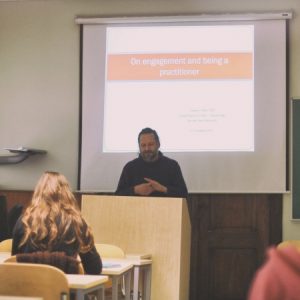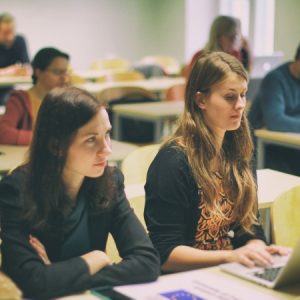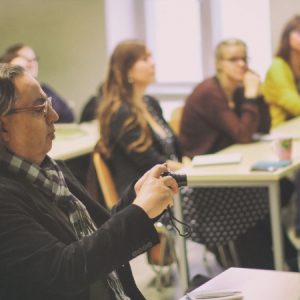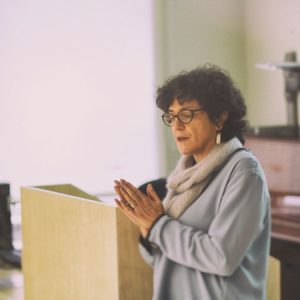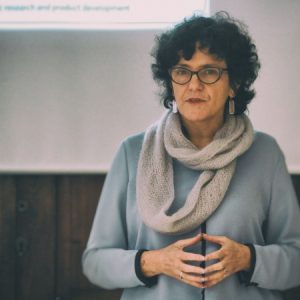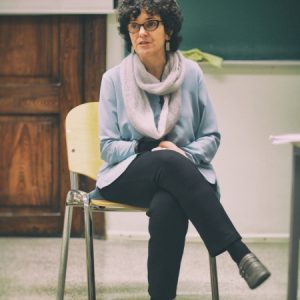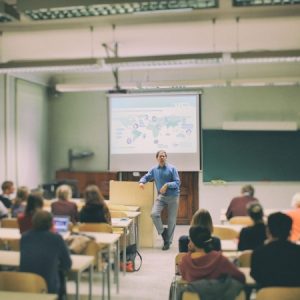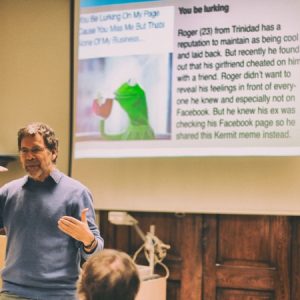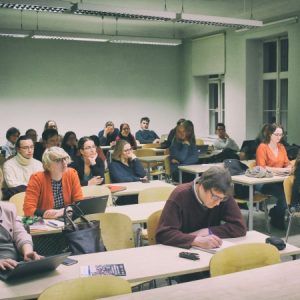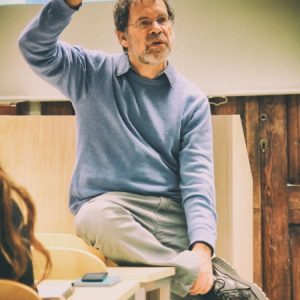Warning: Attempt to read property "ID" on string in /data01/virt90603/domeenid/www.ktkdk.edu.ee/htdocs/wp-content/themes/ktkdk/single-event.php on line 15
Humanities, social sciences, and new technologies – Synergies and applications
Warning: Attempt to read property "ID" on string in /data01/virt90603/domeenid/www.ktkdk.edu.ee/htdocs/wp-content/themes/ktkdk/single-event.php on line 38
Warning: Attempt to read property "occurrence_id" on string in /data01/virt90603/domeenid/www.ktkdk.edu.ee/htdocs/wp-content/themes/ktkdk/single-event.php on line 38
03/11
Warning: Attempt to read property "ID" on string in /data01/virt90603/domeenid/www.ktkdk.edu.ee/htdocs/wp-content/themes/ktkdk/single-event.php on line 49
Warning: Attempt to read property "occurrence_id" on string in /data01/virt90603/domeenid/www.ktkdk.edu.ee/htdocs/wp-content/themes/ktkdk/single-event.php on line 49
0:00
The Graduate School of Culture Studies and Arts (GSCSA), University of Tartu, and the Centre for Applied Anthropology of Estonia (CAAE) invite you to participate in a graduate seminar titled Humanities, social sciences, and new technologies: Synergies and applications (held at the University of Tartu, November 3-5, 2016; 2-3 ECTS credits).
This event invites you to reflect upon and discuss the interactions between humanities and infotechnology development. Information and communication technologies are integral to our world. Digital engineers, designers, and computer programmers are the inventors and innovators of our time, greatly affecting people’s everyday lives – and they need the assistance of anthropology in making human-friendly solutions. The seminar programme explores how digital designers and people from the humanities benefit from each other’s knowledge and approaches. What is the role of culture in technology? How can technology-based thinking be humanised? And how can we get the most out of new technologies for those who use them?
The programme of the graduate seminar consists of:
1) “Why the world needs anthropologists? HumaniseIT” conference
2) interdisciplinary lectures and discussions conducted by guest lecturers
3) workshops in smaller groups moderated by guest lecturers.
Graduate seminar lecturers include:
Daniel Miller (University College London )
Melissa Cefkin (Nissan Research)
Dimitris Dalakoglou (VU University Amsterdam)
Steffen Jöhncke (AnthroAnalysis, University of Copenhagen)
Laura Korčulanin (Instituto de Arte, Design e Empresa)
Ana Margarida Ferreira (Instituto de Arte, Design e Empresa)
Dan Podjed (EASA Applied Anthropology Network, DriveGreen Project)
ECTS points will be awarded on the following conditions:
2 ECTS full participation in the seminar programme
+ 1 ECTS short blog post on the topic of seminar/workshop/conference
Participation is free of charge; accommodation and travel costs for GSCSA students will be reimbursed.
Contact and additional information: doktorikoolid@ut.ee
This seminar is supported by the (European Union) European Regional Development Fund (University of Tartu’s ASTRA project, PER ASPERA) and by the institutional research funding IUT34-32 of the Estonian Ministry of Education and Research.
